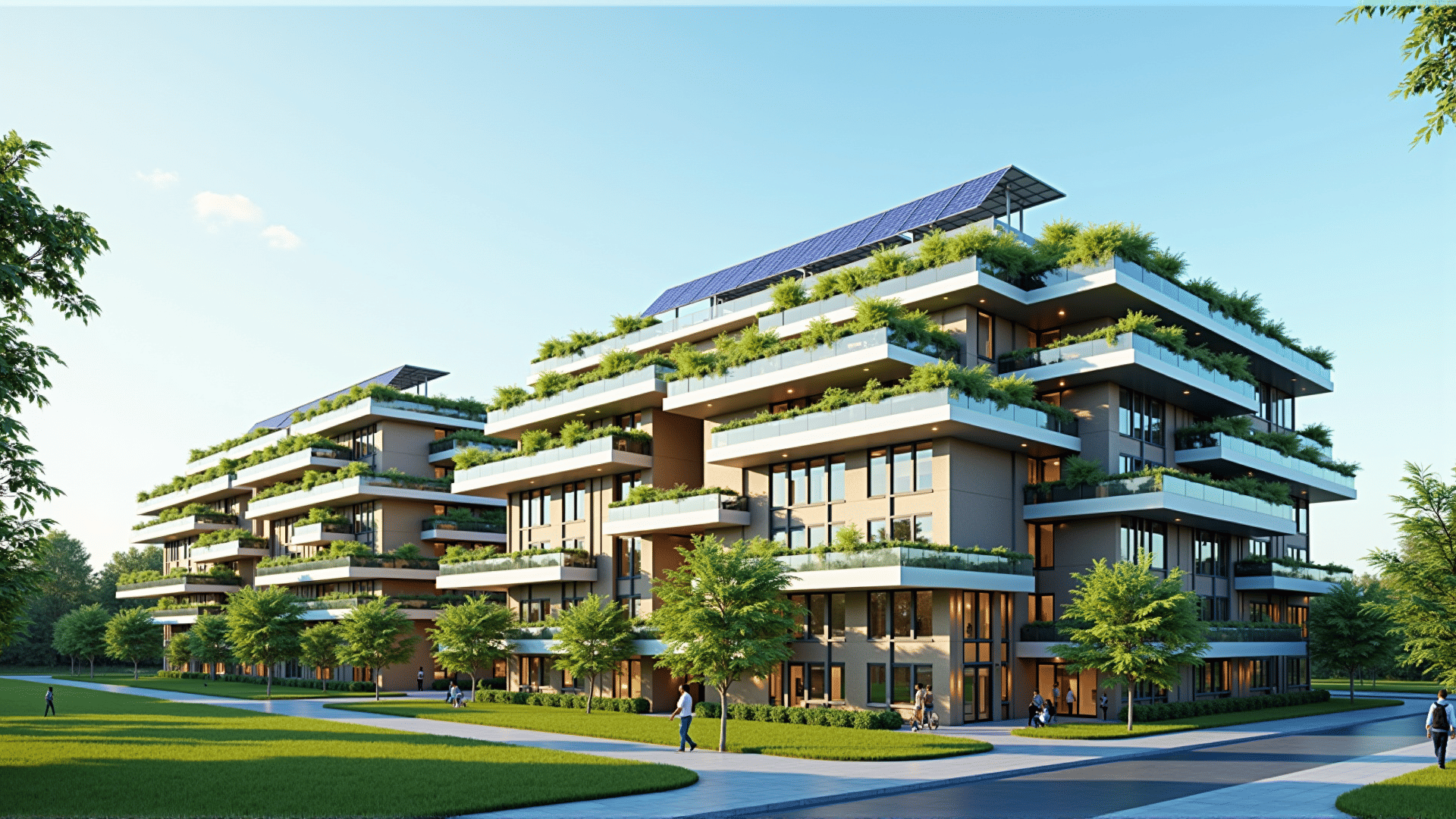The world of property management is evolving rapidly as sustainability takes center stage. Embracing eco-friendly practices not only reduces environmental footprints but also enhances the quality and appeal of properties. Innovative solutions in this sector promise to transform the way properties are managed and maintained, ensuring long-term sustainability and efficiency.
One of the leading approaches in sustainable property management involves the integration of green building technologies. These technologies focus on reducing energy consumption and maximizing resource efficiency. Solar panels, for instance, have become increasingly popular, allowing properties to harness renewable energy and reduce reliance on traditional power sources. Similarly, the use of energy-efficient lighting and smart home systems can significantly cut down on energy use while enhancing user experience.
Water conservation is another critical aspect of sustainable property management. Implementing rainwater harvesting and gray water recycling systems can drastically reduce water usage. These systems utilize water collected from natural sources or unused domestic water, filtering and recycling it for non-potable purposes such as irrigation and flushing toilets.
Materials used in building and renovation projects also play a crucial role in sustainability. Opting for recycled or sustainably sourced materials can greatly minimize environmental impact. Bamboo, reclaimed wood, and recycled steel are just a few examples of materials that are not only durable but also eco-friendly.
Landscaping is another area where sustainable practices make a significant difference. Native plant choices and xeriscaping reduce the need for excessive watering, minimizing the strain on local water resources. Biodiverse gardens and green roofs further enhance sustainability by providing natural insulation, reducing heat islands, and supporting local wildlife.
Waste management remains a priority in sustainable property practices. Establishing comprehensive recycling programs and encouraging composting helps cut down on landfill waste. Composting, in particular, converts organic waste into valuable fertilizer that can be reused within gardens or landscaping.
Understanding and implementing these sustainable practices require ongoing education and adaptation. Property managers are staying informed by engaging with environmental experts, attending workshops, and keeping up with advancements in eco-technology. Continuous learning ensures that sustainable practices remain at the forefront of property management, balancing environmental considerations with improving the value and attractiveness of properties.
By adopting these sustainable solutions and technologies, the future of property management promises to be more environmentally responsible, economically viable, and ultimately, beneficial to both the planet and people.
